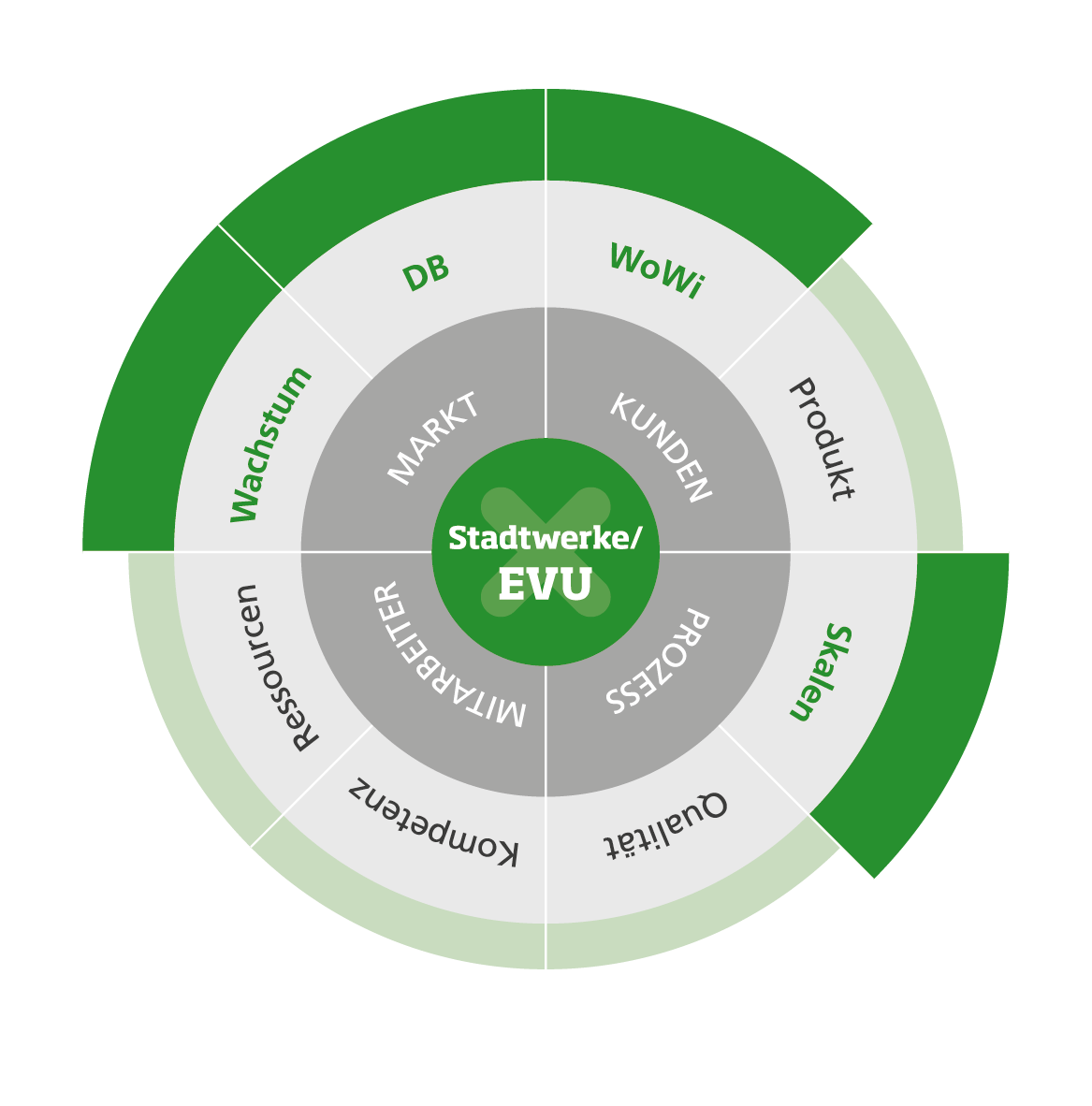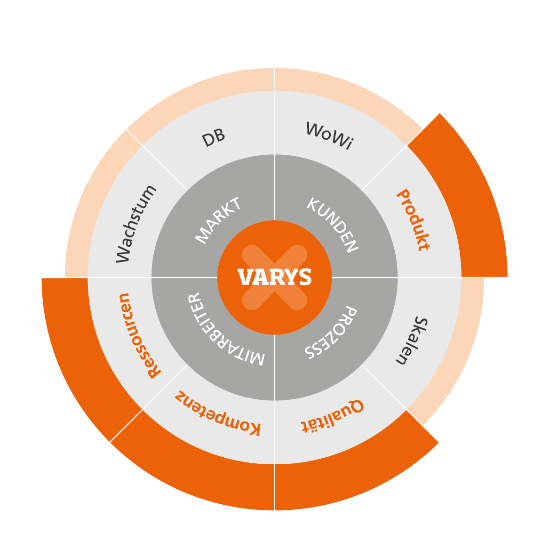Submetering implemented in practice
Submetering implemented in practice
Almost exactly three years ago, the Act on the Digitization of the Energy Transition, better known as the Metering Point Operation Act (MsbG), came into force. Adopted to create the necessary legal and technical foundations for a digitized energy transition, the MsbG also sets the framework for greater liberalization of the metering services market.
Utility companies and municipal utilities in particular are seizing the opportunity to gain a foothold in the submetering/heating cost billing market. For them, this is a logical step, as municipal utilities usually already act as metering point operators.
GOOD REASONS FOR SUBMETERING
Strengthen customer loyalty:
By nature, utilities and the housing industry have a close business relationship. So far, mostly exclusively in the area of energy supply and distributed generation. Expanding the offering to include submetering services will allow these relationships to be strengthened and expanded. Last but not least, heating cost billing represents an important interface to the end customer that should not be neglected.
Complete offer:
Bundled offers from a single source create transparency and cost savings for all parties involved. A complete offering means one point of contact, one work process, builds customer confidence and generates new revenue opportunities and contribution margins.
Margins:
Where there is new business, there are margins. In principle, the heating cost billing business is no different from the traditional utility business:
- Measurement technology is operated,
- Energy consumption measured,
- Transfer data,
- Consumption billed.
If these processes can be managed as efficiently as those already known and if economies of scale can also be achieved, interesting margins are possible.
Secure existing market:
In the future, energy supply and metering point operation will no longer be the exclusive responsibility of utilities. Established heat metering services will penetrate this market and take market share from utilities. The entry of utilities into submetering not least secures the utility’s existing business and is also a defensive strategy.
Overall, the prospects for success are promising and the path to independent submetering is less arduous and risky than generally assumed. Prerequisite: enthusiasm, courage and determination.

Benefit for municipal utilities and EVU
HOW TO GET STARTED IN THE NEW BUSINESS?
Business concept – entry with partner
A lack of in-house know-how does not have to stand in the way of a project, but can be built up step by step with the right partner at your side.
The type of partnership depends on the planned strategic orientation and the available resources. Is it planned to provide the entire heating cost billing process or parts of it with own resources? Or should the services or partial services of a submetering be purchased as a white label solution?

What RUs benefit from in a partnership
PRACTICAL TEST IN THE PILOT PROJECT
Once the goal has been set and the right partner has been found, it’s time for the first practical test. The basis of such a project is a suitable pilot object. If the property managers or housing companies are also on board right from the start, proof of the utility’s capabilities can be provided quite quickly.
In the pilot phase, there must be clarity in advance about the distribution of tasks and the resources to be made available. If the submetering partner takes over all services from device service to billing during the pilot, the capital expenditure can be kept low.
If in-house expertise is to be built up or if partial services are to be realized with the company’s own employees in the future, the pilot phase offers initial opportunities to do so. The utility’s technicians are fully coached at the outset as future operators of the technology, while the commercial staff receive training on all sales and commercial issues and later receive ongoing advice.
TEST SUCCESSFULLY PASSED – START OF ROLL OUT
With the completion of the pilot phase, the framework conditions for the new submetering business area should be set.
If a decision is made in favor of submetering, the next logical step is that of active marketing. It is now up to the utilities to convince housing companies, property managers and larger owners of the new services on offer and to win them over as customers.
From the point of view of varys, the chances of this are good. The real estate and housing industry is opening up to digitization and other new topics such as portal/app solutions for tenants, smart home applications, and e-mobility. Housing companies are increasingly developing into full-service providers in terms of living and lifestyle. In doing so, they rely on reliable partners and outsource services to a large extent. In addition, there is growing dissatisfaction with the service, quality and prices of the established submetering service providers. All this, and especially the future interface to the property and the tenant through the smart meter gateway, gives the energy suppliers a clear advantage that must be exploited.
ABOUT VARYS
varys is a renowned software and consulting company based in Jena, Germany, in the municipal as well as private real estate and housing industry. In addition, varys is an independent heat metering service provider to the real estate and utility industries. As a subsidiary of an energy supplier, varys combines industry expertise from both markets under one roof.
varys offers all services in the field of submetering on a modular basis. From consulting and coaching to technology and self-developed billing systems to the entire heating cost billing process, all services can be obtained completely or in part from a single source. Of course also as a white label solution.
CONTACT
varys. Company for Software and Accounting mbH
Rudolstädter Street 39
07745 Jena
Phone: +49 3641 3108-100
www.varys.de

